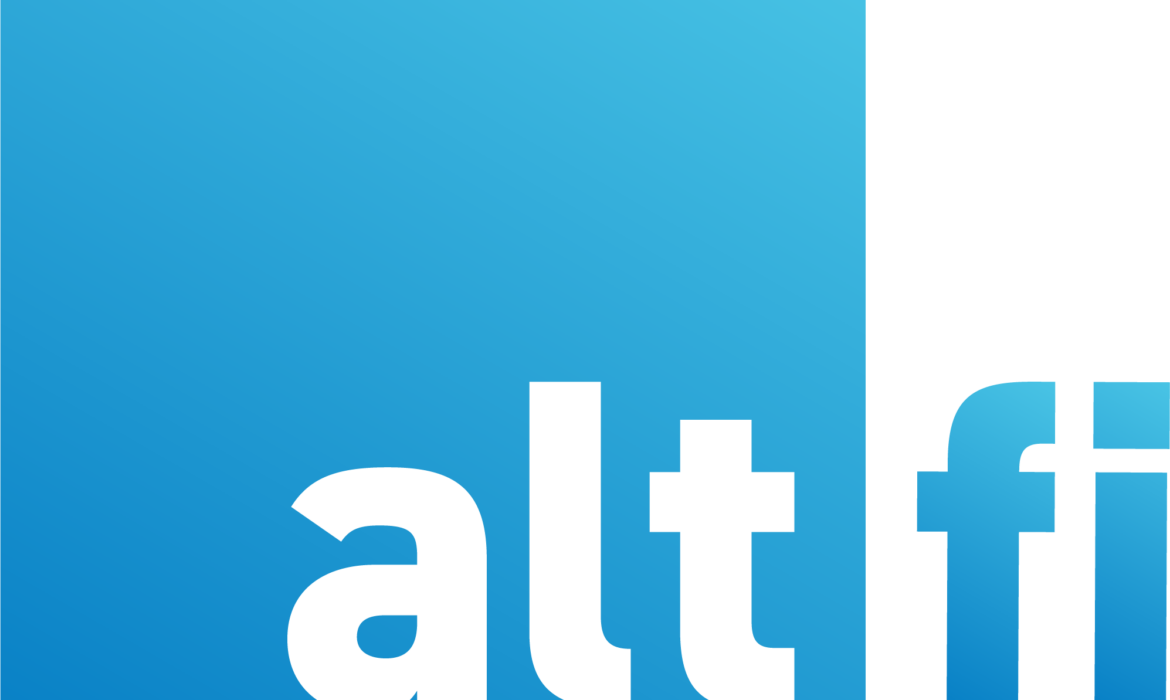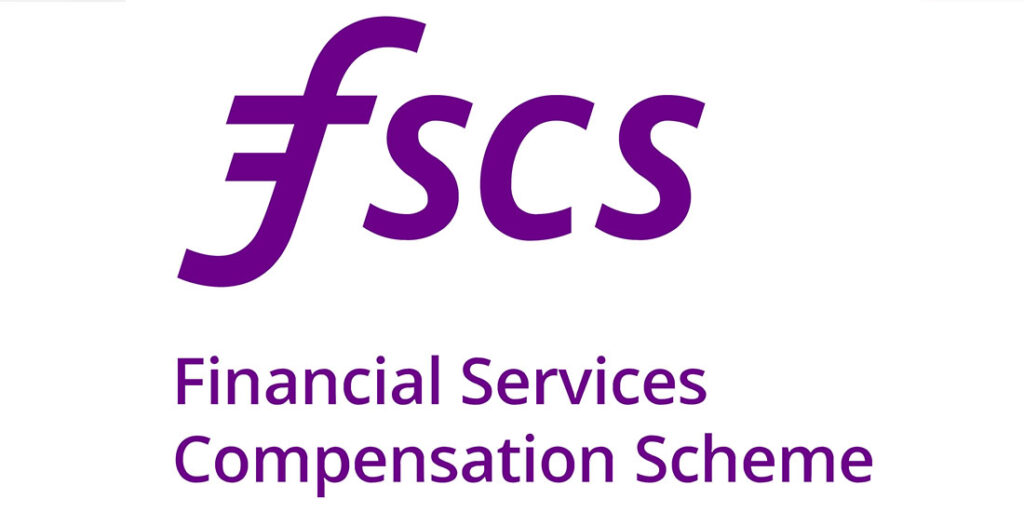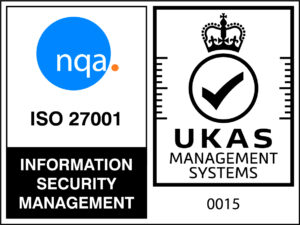
Navigating Online P2P Platforms: A Financial Due Diligence Guide
The financial landscape has been significantly disrupted by online peer-to-peer (P2P) platforms, offering promising returns for investors. But how do you navigate this terrain as a potential investor? This guide will delve into the importance of financial due diligence and how you can confidently invest in platforms that offer loans secured in UK property.
Understanding Online P2P Platforms
What is P2P Lending?
P2P lending is an innovative form of borrowing and lending that eliminates traditional financial intermediaries like banks. It allows individuals to lend to and borrow from each other directly, using online platforms as facilitators.
Advantages of P2P Lending
By bypassing traditional banking systems, P2P lending can offer higher returns for investors and more accessible loans for borrowers. This is particularly appealing in the realm of property investment, where traditional loans can be cumbersome and costly.
Importance of Financial Due Diligence
What is Financial Due Diligence?
Financial due diligence is the rigorous process of evaluating the financial health and potential risks of an investment opportunity. It’s the essential groundwork that allows investors to make informed decisions.
Role of Financial Due Diligence in P2P Lending
In the context of P2P lending, financial due diligence is even more critical as the intermediary role of banks is eliminated. Here, the responsibility for evaluating potential investments lies with the investor and the platform offering the loans.
Case Study: Kuflink’s financial Due Diligence Process
To illustrate the importance of financial due diligence in P2P lending, let’s consider the UK-based P2P platform, Kuflink.
The Underwriting Process at Kuflink
Kuflink’s underwriting process involves multiple professionals, from sales staff to underwriters, valuers to solicitors, and finally to their accounts team. Each plays a crucial role in evaluating borrowers and their assets. All of this happens before a deal goes live on their platform, ensuring that the loans you invest in have been meticulously vetted.
Importance of Unregulated Lending
One unique aspect of Kuflink’s approach is that they offer unregulated lending. While this might sound risky at first, it’s important to remember that unregulated loans aren’t without checks and balances. Kuflink applies the same, if not more, rigorous checks and measures on these loans as on regulated ones, but without the bureaucratic restrictions often associated with the latter.
Kuflink’s Response to Challenges: A Past Example
Kuflink demonstrated the importance of maintaining strong relationships with borrowers and taking decisive action to protect assets during past challenging periods. Despite the tough climate, Kuflink managed to achieve substantial debt repayment due to its proactive approach.
Kuflink’s Default Rate and Its Comparison with the FCA’s Definition
Kuflink adopts a stricter definition of loan default than the FCA, considering a loan in default if it’s one calendar month past a missed payment. This quicker response time helps protect investors and keep the platform’s default rate under control.
The Benefits of Investing with Kuflink
Expert In-House Team
Kuflink boasts a knowledgeable in-house team, with experienced underwriters, credit committees, asset managers, accountants, collections team, software developers, and directors.
Third-Party Service Providers to assist in the Financial Due Diligence
Working with reliable third-party providers like Experian, Equifax, CIFAS, and Creditsafe, among others, Kuflink ensures a comprehensive process for every deal.
Conclusion
Investing in P2P platforms like Kuflink, which offer loans secured in UK property, can yield promising returns. However, understanding the financial due diligence process, like the one employed by Kuflink, is vital. With their rigorous checks and balances, proactive approach to challenges, and a constant focus on the future, platforms like Kuflink offer a promising avenue for investors.
FAQs
- What is P2P lending? P2P lending is a form of direct lending between individuals, facilitated by online platforms.
- What is financial due diligence? Financial due diligence is the process of evaluating the financial health and risks associated with an investment.
- Why is Kuflink’s default definition stricter than the FCA’s? Kuflink believes in taking quick action to protect their investors, which is why they consider a loan in default if it’s one calendar month past a missed payment.
- What is unregulated lending and why does Kuflink offer it? Unregulated lending refers to loans that are not regulated by financial authorities. Kuflink offers such loans, applying the same, if not more, rigorous checks and measures as regulated loans, but without bureaucratic restrictions.
- How has Kuflink responded to past challenges? Kuflink maintained strong relationships with borrowers and took decisive actions to protect assets, achieving substantial debt repayment despite challenging periods.

Kuflink eyes £500 million loan book
Kuflink’s peer to peer (P2P) division is working closely with its short-term bridging operation to boost its loan book to between £350m and £500m within the next two years.
Kuflink eyes £500 million loan book
Kuflink’s peer to peer (P2P) division is working closely with its short-term bridging operation to boost its loan book to between £350m and £500m within the next two years.
Kuflink looking at £500m loan book target after management moves
Specialist bridging and development finance lender Kuflink has made a number of promotions as it aims to boost loan book by up to £500m in the next two years.
Kuflink enters £35m institutional debt funding agreement with Paragon Bank
The revolving credit facility will enable Kuflink to access capital so it can grow at scale and have an alternative source of debt finance.
Kuflink gets debt funding line worth £35m
Kuflink, a peer-to-peer property lender, has secured a £35m revolving credit facility from Paragon Bank, arranged by European Risk Capital.

Alternative lender Kuflink lands £35m institutional debt funding
Kuflink, which specialises in bridging & development loans, started out as a peer-to-peer property lender but has moved to an institutional funding model.
Kuflink eyes £500 million loan book
Its P2P division is now working with the short-term bridging side to achieve this goal

Understanding Annual Investment Allowance
In the world of finance, the term ‘annual investment allowance’ can mean a multitude of things. But in this context, it refers to the cap on how much you can invest in certain tax-efficient savings accounts, such as an Innovative Finance Individual Savings Account (IFISA).
What is Annual Investment Allowance?
The annual investment allowance is a financial boundary set by Her Majesty’s Revenue and Customs (HMRC). It is the maximum amount you can invest in certain types of accounts without incurring tax on the returns.
The Role of HMRC & Annual Investment Allowance
HMRC is the government body that regulates all things tax-related in the UK. This includes setting the annual investment allowance for IFISAs and other similar products.
The Scope of Annual Investment Allowance
When it comes to online P2P platforms, the annual investment allowance often comes into play. Let’s delve deeper into this.
Annual Investment Allowance through IFISA Products?
IFISA products are essentially investment opportunities provided by peer-to-peer (P2P) lending platforms. These investments can range from loans secured on properties to equity stakes in businesses.
The £20,000 Annual Investment Allowance
One key aspect of IFISAs is that they have an annual investment allowance of £20,000. This means you can invest up to £20,000 each tax year without having to pay tax on your returns.
Potential Changes by HMRC
As HMRC sets this allowance, it’s worth noting that the figure can change. HMRC may adjust the allowance in response to economic factors or changes in government policy.
Delving into Online P2P Platforms
Now that we understand the annual investment allowance, let’s focus on online P2P platforms that offer investment opportunities in loans secured in UK property.
The Attraction of Online P2P Platforms
Online P2P platforms offer a unique opportunity for investors. They allow for direct lending to individuals or businesses, potentially leading to higher returns than traditional savings accounts.
Investing in Loans Secured in UK Property
One attractive feature of some P2P platforms is the ability to invest in loans secured in UK property. This is a form of investment that can provide a good balance of risk and return.
Kuflink: A Remarkable P2P Platform
One such platform offering investment in loans secured in UK property is Kuflink.
Auto Products by Kuflink
Kuflink offers a product called ‘Auto-Invest’. This allows your funds to be spread across multiple loans secured on various UK properties, potentially reducing the risk of your investment.
The Kuflink Cashflow Scheme
Another intriguing aspect of Kuflink is their cashflow scheme. Kuflink pays out of their own pocket to ensure client cashflow is unaffected, then gets compensation if the borrower repays.
1 Year Select Loans
For those looking for a more hands-on approach, Kuflink also offers ‘1 Year Select Loans’. These are individual loans secured on UK property that you can choose to invest in.
The Risks and Benefits of Investing in Kuflink
Like all investments, there are risks and benefits associated with Kuflink.
Mitigating the Risks
By spreading your funds across multiple loans, and with Kuflink’s compensation scheme, some of the risks associated with P2P lending can be mitigated.
The Benefits of Diversification
By diversifying your investments across various loans, you can potentially improve your returns and reduce your risk.
Conclusion
Investing in online P2P platforms like Kuflink can be a great way to potentially boost your returns while taking advantage of the £20,000 annual investment allowance provided by IFISAs. However, as with all investments, it’s essential to understand the risks and consider your personal circumstances before investing.
FAQs
1. What is the annual investment allowance? The annual investment allowance is the maximum amount you can invest in certain types of accounts, such as IFISAs, without incurring tax on the returns.
2. What is the annual investment allowance for IFISAs? The annual investment allowance for IFISAs is currently set at £20,000 per tax year.
3. What is an IFISA? An IFISA is a type of Individual Savings Account that allows for tax-free investing in P2P lending platforms.
4. What is Kuflink? Kuflink is a P2P lending platform that offers investment opportunities in loans secured on UK property.
5. How does Kuflink’s cashflow scheme work? Kuflink’s cashflow scheme pays out of the platform’s pocket to ensure client cashflow remains unaffected, and then seeks compensation if the borrower repays.




